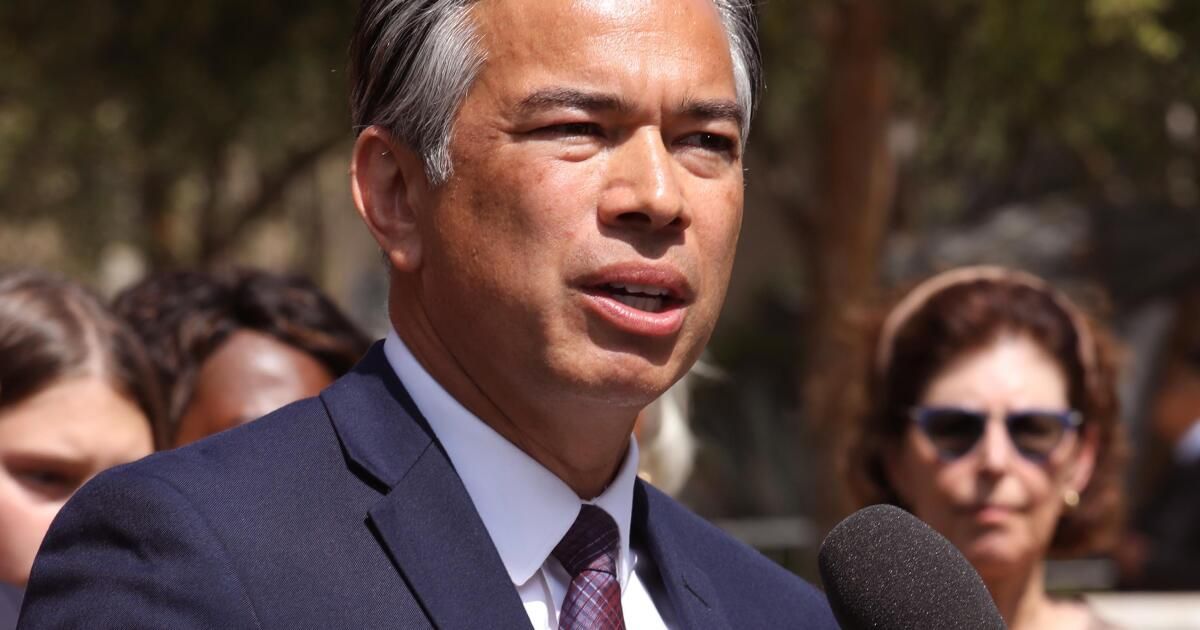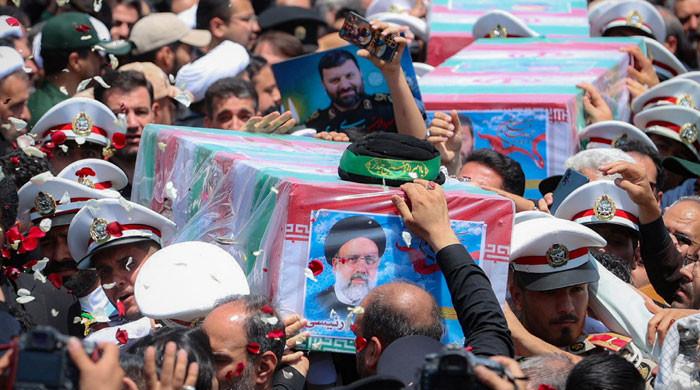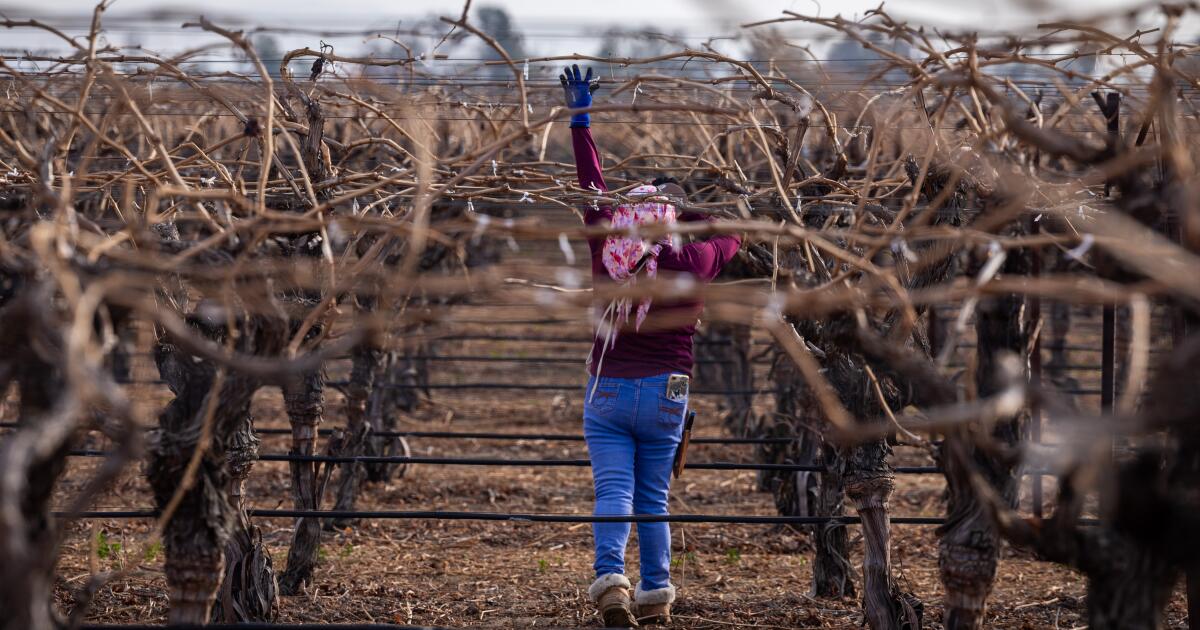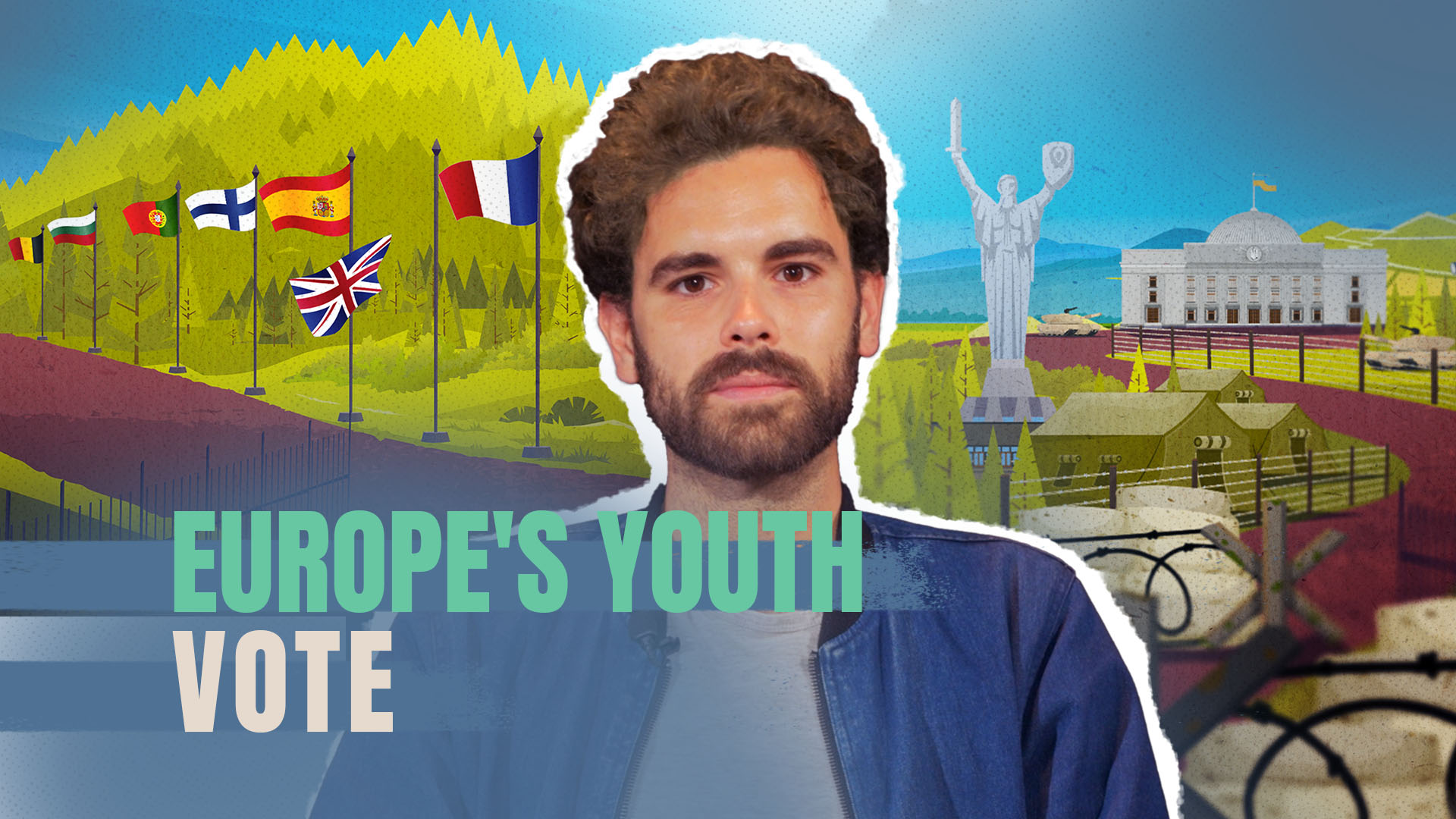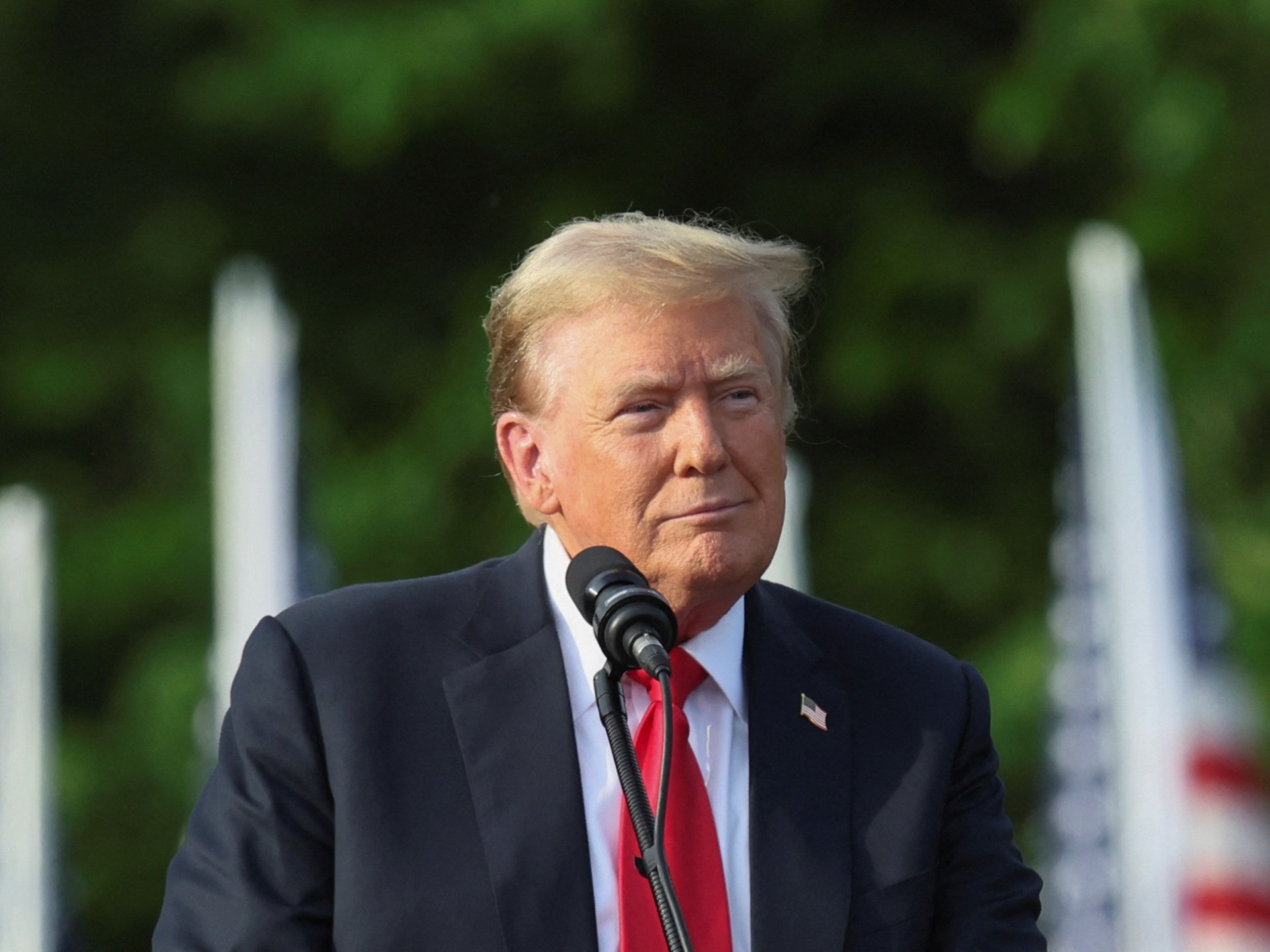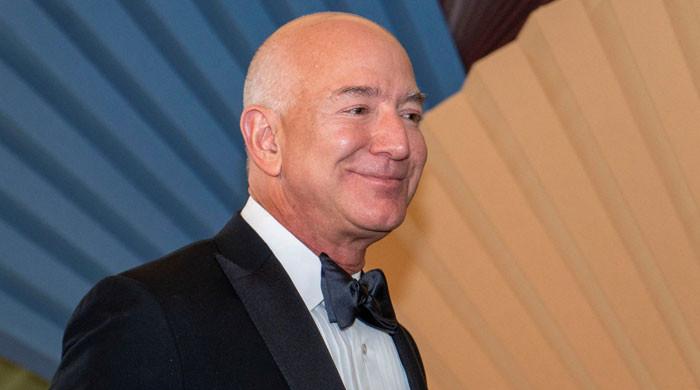WASHINGTON- As part of President Trump's crackdown on illegal immigration, the Justice Department will be empowered to investigate and even criminally prosecute government officials who fail to comply with restrictive immigration orders.
The move, outlined in an internal memo reported by several media outlets on Wednesday, effectively puts the spotlight on many California state and local officials, who have loudly advocated measures designed to make it possible for undocumented immigrants to work and get an education in the state.
The memo from Acting Assistant U.S. Attorney Gen. Emil Bove instructs state and local officials to comply with federal immigration directives and echoes lines Trump hammered during the election campaign about the threat of undocumented immigrants in the country, such as gangs, drugs and crime. Studies have found that immigrants commit crimes at much lower rates than American citizens.
“Federal law prohibits state and local actors from resisting, obstructing, and otherwise failing to comply with lawful orders related to immigration,” the memo says, adding that the U.S. Attorney's Office and the Department of Justice will investigate wrongdoers. The statement also mentions a newly created “Sanctuary Cities Law Enforcement Task Force” to challenge state and local sanctuary city laws.
As news of the internal memo spread Wednesday, agencies and officials began evaluating how they would respond to its threat of investigations and possible prosecution.
“This is a scare tactic, plain and simple. “The president is attempting to intimidate and intimidate state and local authorities into carrying out his mass deportation agenda for him,” the California prosecutor said. General Rob Bonta in a statement. “My team is reviewing the US Department of Justice memo and we will be prepared to take legal action if the Trump Administration's vague threats turn into illegal actions.”
Bonta pointed to California's sanctuary law, passed in 2017 and known as Senate Bill 54, which prohibits local law enforcement agencies from using public money to play a direct role in immigration enforcement and prohibits Police transfer people to immigration authorities, except in certain cases, such as when people have been convicted of certain felonies and violent misdemeanors.
In 2019, a federal court rejected a lawsuit to stop the previous Trump administration's SB54, ruling that state laws could continue to apply. The city of Huntington Beach sued California this month over the constitutionality of the law.
Gov. Gavin Newsom's office declined to comment.
Los Angeles City Councilman Bob Blumenfield, who represents a San Fernando Valley district that includes many immigrant groups, had not read the memo, but said Los Angeles' “sanctuary city” policy does not prevent The federal government sports people.
“The question is whether we use our federal resources as a city to aid and abet that deportation,” Blumenfield said. “Legally, I think they can't force us to do that.
“You always have to be worried; “Trump doesn’t follow the rules,” he added.
When asked about Trump's order, Tony Thurmond, state superintendent of public instruction, said, “I don't feel threatened.” “I'm happy to talk to the president right now,” said Thurmond, who has spoken out against helping ICE. “People don't need to be threatened.”
Since taking office on Monday, Trump has signed a series of executive orders aimed at curbing illegal immigration, including cutting federal funding for sanctuary cities, ending birthright citizenship for children of parents who are illegally in the country and shut down an application used by asylum seekers. applicants to apply for entry to the United States.
At the UC Board of Regents meeting Wednesday in San Francisco, leaders acknowledged the “fear and uncertainty” of undocumented students, who number an estimated 86,800 in California, according to the Higher Ed Immigration Portal.
“We don't yet know everything that lies ahead, but we remain steadfast in our values, our mission and our commitment to caring for and supporting our entire UC community,” said President Michael V. Drake.
Stephen Miller, the president's deputy chief of staff for policy and national security adviser, foreshadowed the memo when his nonprofit, America First Legal, sent letters to 249 elected and law enforcement officials nationwide last month. past, warning about the consequences of interfering or impeding the control of illegal immigration.
The letters state that it is a crime to conceal, harbor or protect people who are in the country illegally. Among the California officials who received the letters were Los Angeles Mayor Karen Bass, Los Angeles Police Department Chief Jim McDonnell and Bonta.
“As Attorney General, on December 4, 2024, you declared that the State of California will not enforce federal immigration laws, encouraging defiance by all California jurisdictions,” the letter to Bonta says, concluding: “ The fact is that you and other officials who support or enforce sanctuary laws, policies and regulations have a very personal stake in the matter: each of you could face criminal prosecution and civil liability for your illegal acts.”
The Los Angeles County Sheriff's Department said it would discuss Trump's directive “with our public safety partners, the county attorney and other key stakeholders.”
“The Los Angeles County Sheriff's Department follows state law (SB54) and does not honor ICE requests/detainers or transfer people to ICE custody unless there is a federal court order signed by a judge,” a statement from the department said Wednesday.
Last year, Sheriff Robert Luna said in a television interview that he did not anticipate changing the department's practices after Trump took office, and emphasized that enforcing immigration law is not the job of sheriff's deputies.
“There's a lot of rhetoric out there,” he told ABC7. “I don't want people to be afraid to call the Sheriff's Department if they need something. If you are a witness to a crime, if you are a victim of a crime, you should call us. “We have not and will not begin to ask people about their immigration status.”
But he added: “We are not going to assist in any roundup or deportation of normal workers who are here.”
The Sheriff's Department has a complicated and inconsistent record interacting with federal immigration officials. Two sheriffs ago, under Jim McDonnell, now police chief, the department allowed ICE agents to use an office inside the downtown Inmate Reception Center. From there, immigration officials could freely approach and interview inmates at any time, the department previously told The Times.
When Alex Villanueva took office in 2018, he expelled ICE from prisons and limited the criteria that allow inmates to be transferred to federal custody for detention or deportation. The latest version of the Sheriff's Department policy manual posted online notes that ICE agents cannot enter any jail, police station or judicial lockup for immigration enforcement purposes.
Art Acevedo, a former police chief in Houston and Miami and a candidate to head the Los Angeles department, said local agencies should be able to focus on combating violent and property crimes, especially now that retaining law enforcement officers has become become a problem. challenge for many agencies. He stressed that in some situations, local police and agents should work with federal partners to get violent criminals off the streets. But he questioned how much effect the new directive would have.
“It's not really about focusing on public policy, but more about focusing on good political theater,” he told The Times on Wednesday. “We will see how much of this is rhetoric and how much of this is actual actions taken against state and local officials. “Time will tell.”
Pinho reported from Washington, and Blakeinger and Vives reported from Los Angeles. Times staff writers Dakota Smith, Teresa Watanabe, Taryn Luna and Howard Blume contributed to this report.

